Aleks in wonderland of whole plant-based food
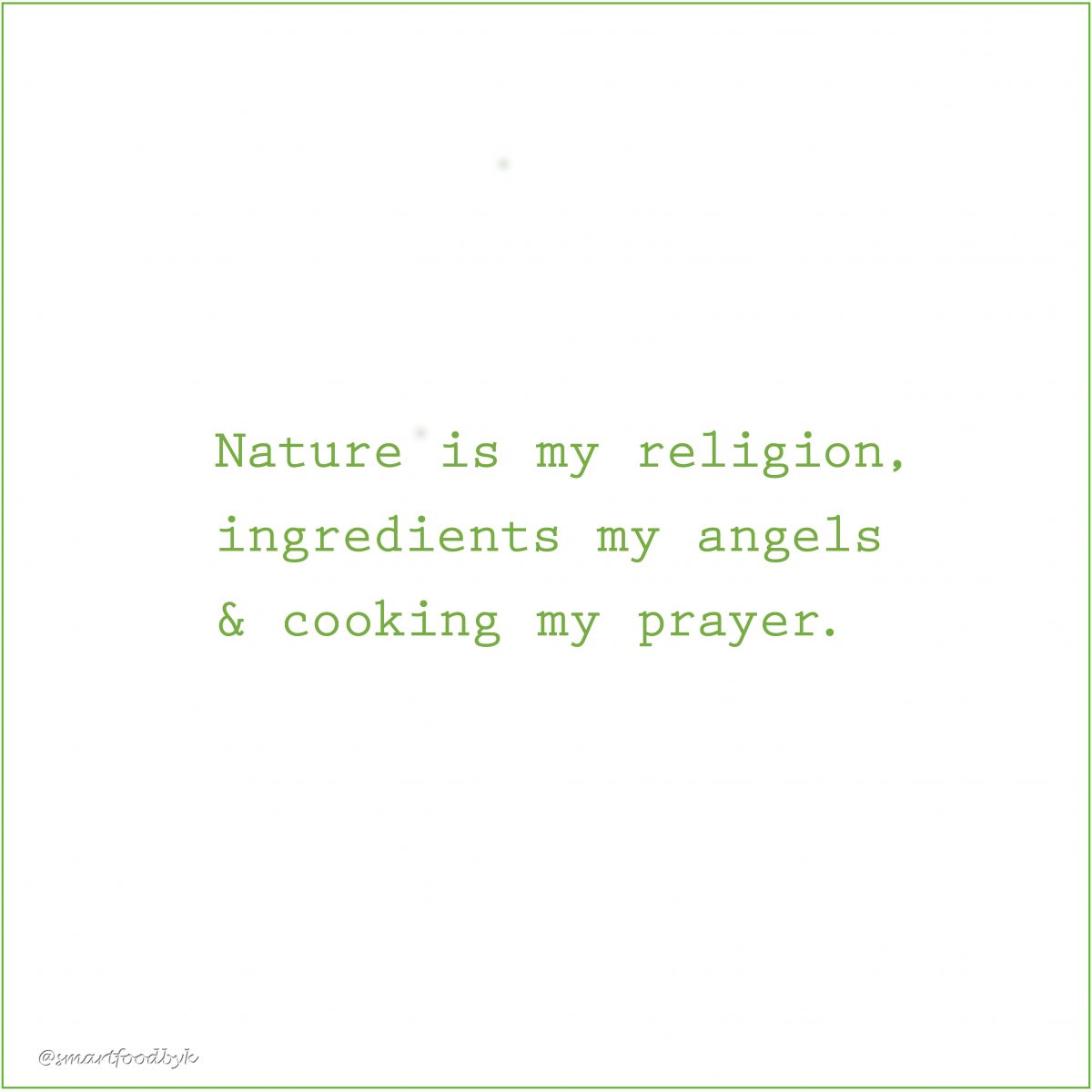
“OMG, but what will you eat?” was the reaction of our mums when my husband and I first told them we were not eating meat anymore. And it is perfectly understandable. They had never even heard of plant-based food, in those terms. For the sake of avoiding any confusion, let’s just be very clear about what it means:
plant-based – devoid of all animal protein and fat
whole food – unrefined, wholegrain and minimising added sugar and fat.
People identify it often as vegan diet to which it is very similar but not exactly the same. The “whole food” part is not explicitly requested in the vegan diet.
Just a little, for the flavour
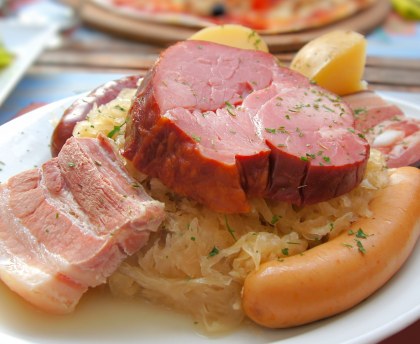
Imagine the picture on the left (Alsatian choucroute) without all the meat. There would be not much left in the plate. Much of both Serbian and French dishes (cuisines I know best) are very rich in meat and dairy. As probably many of you, I was brought up to believe that meat and milk are indispensable to keep our bodies healthy and strong. From breakfast to dinner, meat, dairy or eggs were the centre of my meals, everything else was an annex. We do not call them “sides”, or “accompagnements” in French, for nothing.
Let’s go back to my mum’s adjustment to my new eating habits: “So mum, is there any meat?” would I ask coming for lunch. Even though she already knew she should not have put any, she would honestly say “Well, yes, but just a bit, for the flavour.” As if only meat could give a meal a good flavour. The “flavour” reaction is very understandable too, having in mind the composition of our “classical” Western hemisphere diets. Smoked bacon that my aunt would make herself (from her own pigs) used to be indeed a common “seasoning” in our cooked meals. Do not get me wrong, I loved its flavour! My mum is a retired Chef, an amazing cook who probably used a much bigger variety of veggies, grains and herbs than an average working mum, but still, animal protein ruled.
Protein, calcium, where do you get it from?
Beyond our cultural perceptions and eating habits, there were much more important questions that we were eager to get answers to when we had decided to abandon meat and now animal protein altogether. These are also the questions our friends and family have when they learn about our diet.
Which plants have it and is it of good quality?
The animal protein is nothing but a processed plant protein. Plants have absolutely all the proteins we need to be healthy and strong, there is no doubt about it. The research shows (and there are literally thousands of scientific studies on the subject today) that plant protein is much healthier than animal protein which is proven to promote cancer growth, blood cholesterol and heart disease, diabetes… Dairy protein (casein) seems to be particularly harmful and was found to directly promote some of the most frequent cancers like breast, prostate and colon.*
Plant protein comes in so many different flavours and textures (per 100g):
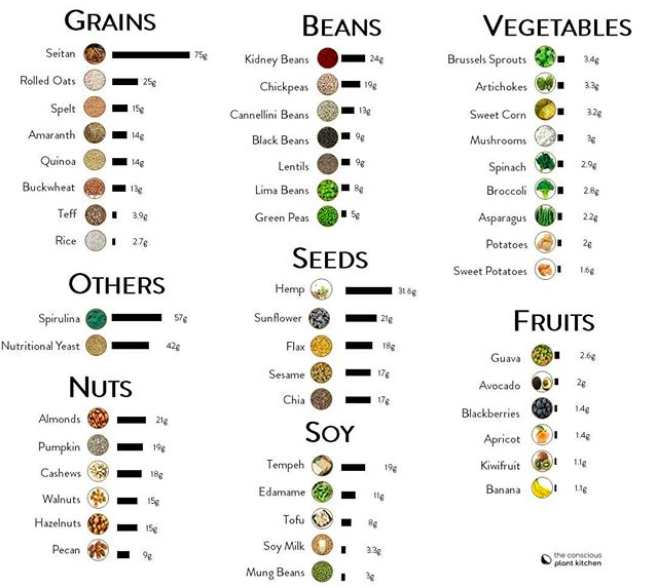
Infographic by @theconsciousplantkitchen where you can find out more about sources of plant-based protein.
Doctor Campbell* states that in a healthy diet our daily calories composition should be (approximately): 10% of protein (approximately 50g for a man), 10% of fat and 80% of complex carbohydrates.
And calcium, isn’t milk the only good source?
It is well known that calcium is directly responsible for our bones and teeth health. We have had scientifically based evidence, for more than a hundred years, that animal protein actually decreases it. Here is, very simply (the mechanism itself is of course more complex), what happens with the calcium in our body when we eat animal protein. Animal protein, unlike plant protein, increases the acidity in the body. The body does not like it and in order to neutralise it it uses calcium as an effective base. It pulls the calcium from wherever it can so it ends up being pulled from the bones thus weakening them and increasing fracture risk.*
Here are the most important sources of plant calcium:
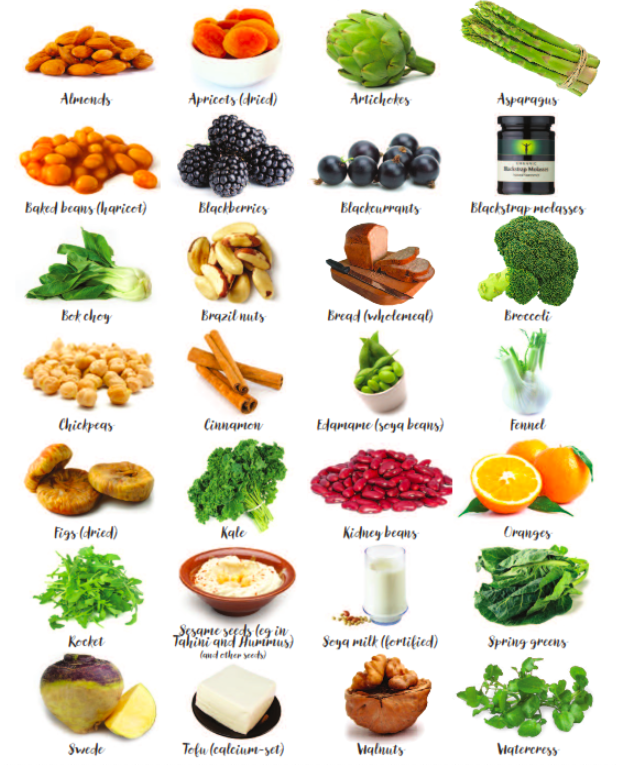
Picture by Viva Health where you can find valuable information about wholesome vegan diet.
Is there anything that whole plant-based food lacks?
Yes, there are four nutrients that the whole plant-based food does not contain: cholesterol, vitamin A, vitamin D and vitamin B12. Our body naturally produces cholesterol so we definitively do not need to add more from external sources. Vitamin A is also created in our body from beta-carotene (contained in sweet potato, carrot, spinach, kale, butternut squash, red and yellow pepper, apricot) and vitamin D we produce simply by exposing our skin to the sun 15 to 30 minutes a day. Both vitamins are toxic if consumed in high quantities so all we must do is make sure our body has everything it needs to produce them and control the quantities absorbed.*
Vitamin B12 is produced by a microorganism that lives in the soil and the intestines of all animals, including humans. As the amount in our gut is not enough we must consume it in food. Since we are not eating animal products we must take a small B12 supplement regularly and also do periodical testing for the B12 level in our body.*
What does whole plant-based food have that animal-based food does not?
Fiber to begin with! It cleans our digestive tract by gathering up all the nasty chemicals and pushing them successfully out. Fiber also directly feeds our microbiota, trillions of microbes (when we are in good health) that live in our gut and protect us from disease. They digest fiber and produce short chain fatty acids to fight against free radicals and other disease agents and keep us in good health. Foods like beans, leafy vegetables and whole grains are all high in fiber.
Antioxidants, another powerful arm against free-radicals almost exclusively reside in plants, too. Most of them come in colours, yellow, orange, red, purple, green, which make the fruit and vegetables so appealing and healthy.
It is however important to emphasise that health does not depend on an isolated actions of individual nutrients but rather on a perfectly orchestrated collaboration of great many of these nutrients packed in natural food (like a fruit, or a vegetable, or a whole grain, etc.).
And how about the flavour?
Another prejudice people have about veggie food is that it is boring and bland. A friend of mine told me the other day “yeah, but my kids do not like healthy food”.
Our taste buds are lazy little organs that need to be educated. Ideally from the early days but it is never too late. In order to make them curious and receptive to novelty you need to let them experience a large diversity of flavours. There are incomparably more flavours, textures and colours in plant-based food than in animal products. Even with a professional chef for a mum, I have never eaten so many different veggies, fruits, grains and nuts as since I have opted for whole plant-based food. It is creative, delicious, feels fresh and you can indulge yourself more without being too worried about calories.
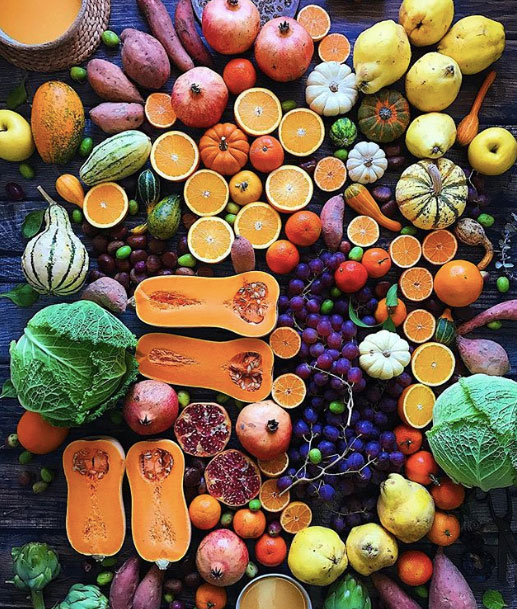
Making the shift
The transition period from the “omnivore” diet to the plant-based one can be a bit tricky though. Obviously, it needs a mindset shift first. Some people (and I am one of those) need a lot of information from different sources before the shift can actually happen. It also needs a bit of learning about various ingredients and of course it definitively needs spending time in the kitchen preparing meals. I have decided to start giving whole plant-based food cooking classes to share the joy (and a bit of knowledge) of making this delicious and healthy rainbow food.
I believe the best way to change your mind about it is to give it a try. Give it a month or even one week and see for yourself. Make a smart food choice for yourself and for the planet. By the way, according to Joseph Poore, lead researcher from the Oxford University, adopting a plant-based diet is probably the single most important way of reducing your personal impact on planet Earth (and not only greenhouse gases). Up to 73%!
“Our food choices have an incredible impact not only on our metabolism, but also on the initiation, promotion, and even reversal of disease, on our energy, on our physical activity, on our emotional and mental well-being; and on our world environment. All of these separate spheres are intimately interconnected.” **
Some information sources to check & bloggers to follow
- My practical guide to introducing as much plant-based food as possible into your diet or switching to 100% plant-based, step by step and stress free. The e-book explains the basic principles of healthy eating habits whatever your diet, answers the most frequent questions about plant-based eating, describes the content of your whole food plant-based plate, guides you through different food groups and nutrients and gives you a detailed shopping list of pantry staples. And of course, offers 30+ easy, delicious and beautifully illustrated recipes, including a 5-day meal plan. “Healthy Plant-Based Diet Now! A 5-day step by step guide to switch.”
- Book “The China Study”, Revised and expanded edition, 2016, by T. Colin Campbell, PhD and Thomas M. Campbell II, MD
- “The China Study Cookbook”, Revised and expanded edition, 2018, by LeAnne Campbell, PhD
- Documentaries by Netflix: 2018 “The Game Changers”, 2017 “What the Health”, 2011 “Forks Over Knives”
- Bloggers on Instagram: @bosh.tv, @the_buddhist_chef, @marielaforetvegan (in French), @elavegan @sarahtannernz, @theconsciouplantkitchen, @alphafoodie (predominantly plant-based but not only) and humbly myself @smartfoodbyk
By the way, Aleks from the title is me 😉
* Scientific facts learnt from the book “The China Study” by T. Colin Campbell, PhD and Thomas M. Campbell II, MD. **Quote from the same book, page 232.



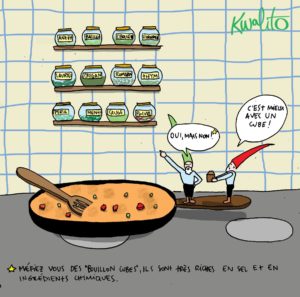
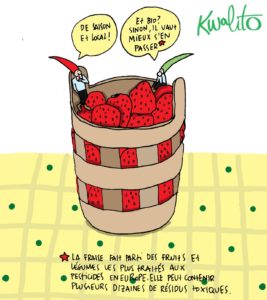
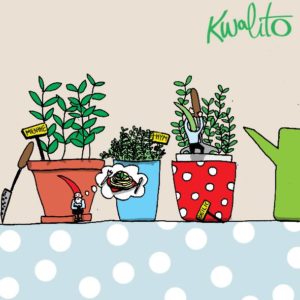

Thank you for the article! Being a Serb, I totally understand your point. 🙂 Although, I would add that in Denmark, it’s pretty much heavy meat and dairy diet, and majority still finds that being prestigious, more like a status symbol.
Keep up the good work! Looking forward to your next article! 🙂
Dragana
Thanks so much fellow country(wo)man for your comment 🙂 I believe that is still the case in many countries. Especially in those were the population was not very rich not that long time ago. People in Sweden are very much attached to dairy and fish but the plant-based trend is growing steadily as more and more information is available through the mainstream media, like the Netflix documentaries I mentioned.